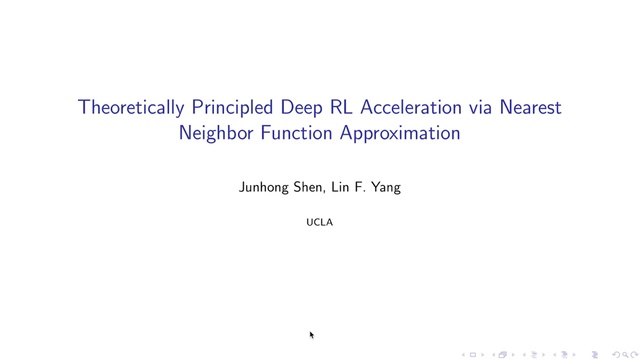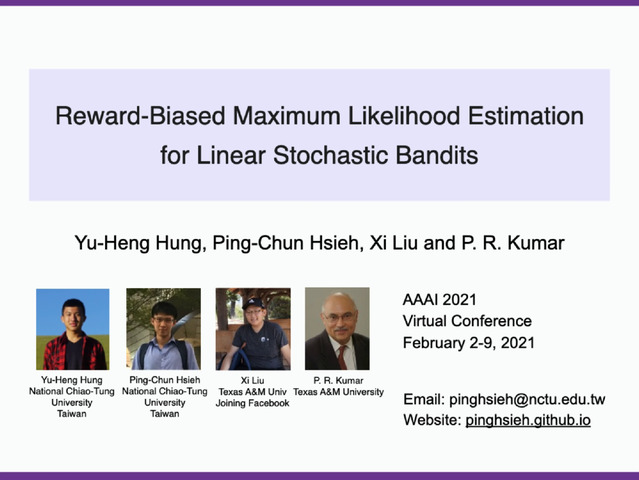Abstract:
When learning from streaming data, a change in the data distribution,
also known as concept drift, can render a previously-learned model
inaccurate and require training a new model. We present an adaptive
learning algorithm that extends previous drift-detection-based methods
by incorporating drift detection into a broader
stable-state/reactive-state process. The advantage of our approach is
that we can use aggressive drift detection in the stable state to
achieve a high detection rate, but mitigate the false positive rate of
standalone drift detection via a reactive state that reacts quickly to
true drifts while eliminating most false positives. The algorithm is
generic in its base learner and can be applied across a variety of
supervised learning problems. Our theoretical analysis shows that the
risk of the algorithm is (i) statistically better than standalone
drift detection and (ii) competitive to an algorithm with oracle
knowledge of when (abrupt) drifts occur. Experiments on synthetic and
real datasets with concept drifts confirm our theoretical analysis.









































